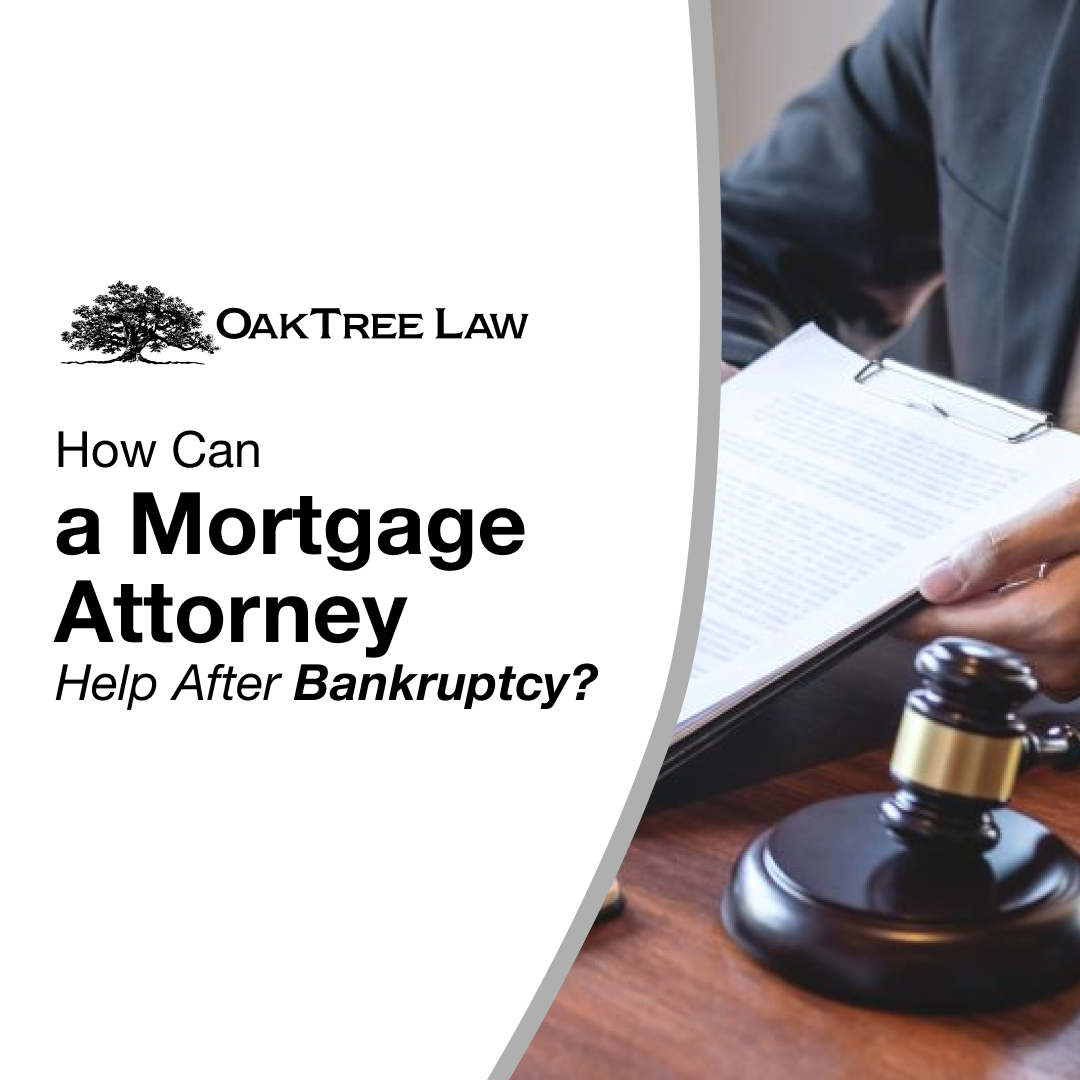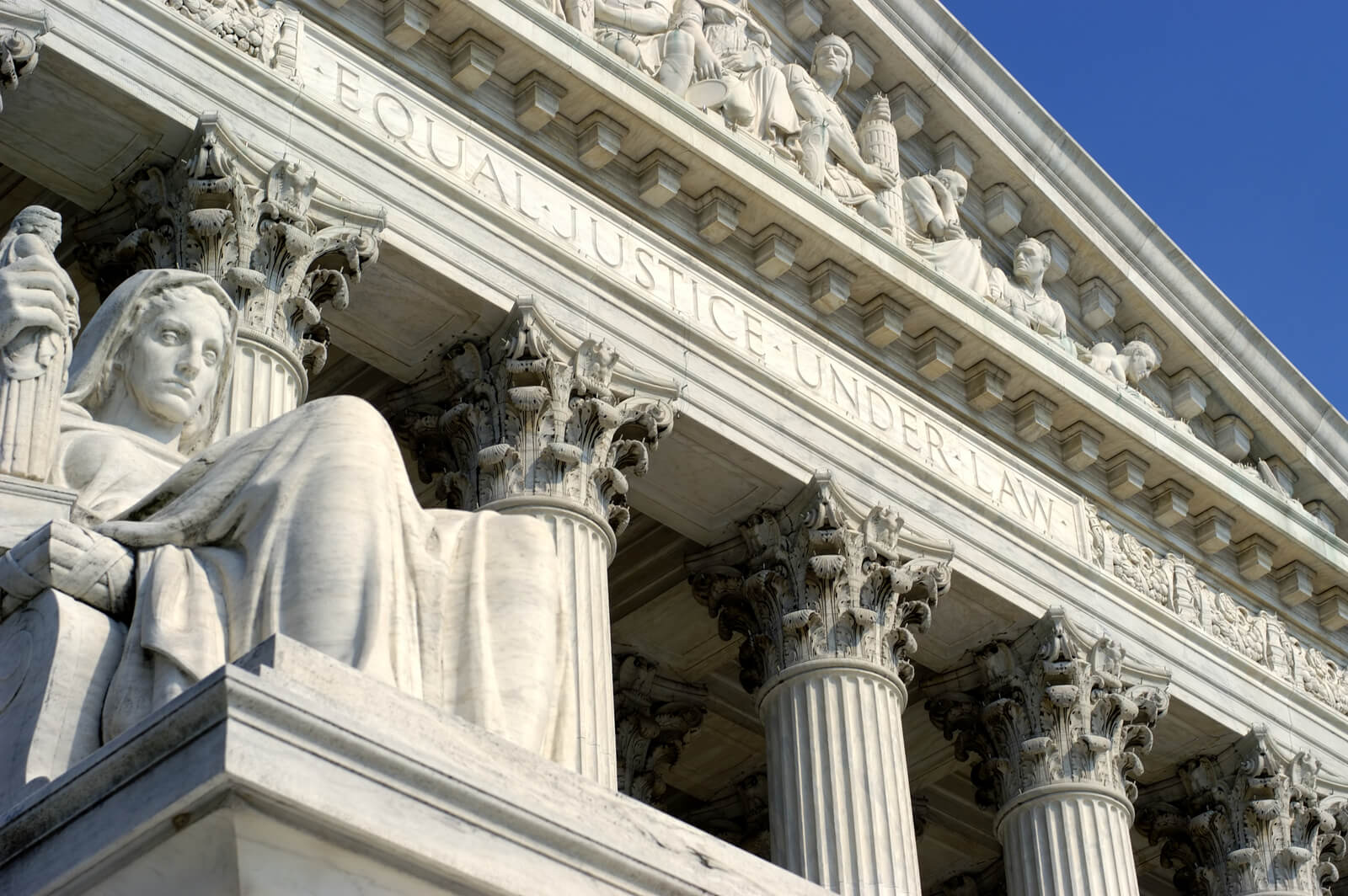Bankruptcy can provide you with a way out of tax debt. But when it comes to the IRS, being cleared of unpaid tax debt is more complicated than a court-approved discharge of, for example, credit card debt. Filing for bankruptcy can reduce or eliminate federal and state tax debt, as well as back taxes owed to the IRS.
Discharging tax debts requires meeting certain requirements. Provided you are eligible, you may be free of tax debt in:
Chapter 7 Bankruptcy
Chapter 7 provides for a full discharge of allowable debts. Federal income taxes can be discharged if they are income taxes, while payroll taxes and fraud penalties cannot be eliminated. A tax return must have been filed for the debt, which must have been due at least three years before your bankruptcy filing.
Another requirement for a tax debt discharge under Chapter 7 is the IRS’s “240-day rule”. The IRS must have assessed your income tax debt at least 240 days prior to your bankruptcy petition. Otherwise, it must not have been assessed yet. There are exceptions to this time rule. It can be extended if an offer in compromise was made or you have previously filed for bankruptcy.
Chapter 13 Bankruptcy
Chapter 13 differs in that the bankruptcy court agrees to a repayment plan in exchange for a partial discharge of debt. Tax debt can often be included in your repayment plan. Therefore, you don’t have to pay all your tax debt in full before filing.
What About Federal Tax Liens?
Filing for Chapter 7 bankruptcy will not wipe out a prior federal tax lien. While it eliminates your personal obligation to pay the debt, the lien will remain on your property if the IRS recorded one before you filed for bankruptcy. The agency won’t go after your bank account or wages. But if you were to sell your property, you’d have to pay off the tax lien first.
The Automatic Stay
The automatic stay is well-known in consumer bankruptcy. It prohibits creditors from pursuing collection efforts such as lawsuits, phone calls, or wage garnishments. In fact, it applies to the IRS too. An auto-stay prohibits the IRS from garnishing wages/bank accounts, sending you collection notices, or reducing your tax refund. However, the IRS can hold your refund until the expiration of an automatic stay or offset it to pay back child support you owe.
But the automatic stay doesn’t last forever. It expires when your bankruptcy discharge is entered or your case is closed/dismissed. While it is in effect, the agency cannot collect it for itself. But there are various limits to an automatic stay applied during bankruptcy. The auto-stay may be:
- Limited to 30 days after you file if you filed for bankruptcy in the previous year (for cases dismissed voluntarily).
- File for two or more bankruptcies in the previous year, with voluntary dismissal, unless the court accepts you acted in good faith.
- The IRS requests relief from an automatic stay, in cases of tax fraud.
Also, if you have acquired debt after filing for bankruptcy, the automatic stay does not apply.
Get Bankruptcy and Tax Debt Help from OakTree Law
At OakTree Law, we are familiar with the intricacies of both the U.S. Bankruptcy Code and rules of the IRS. Your financial situation may feel like an impossible situation. Bankruptcy can be a beneficial solution if you have large amounts of debt. We can help you get it right, so call us at 562-219-2979 or request a free evaluation online.







